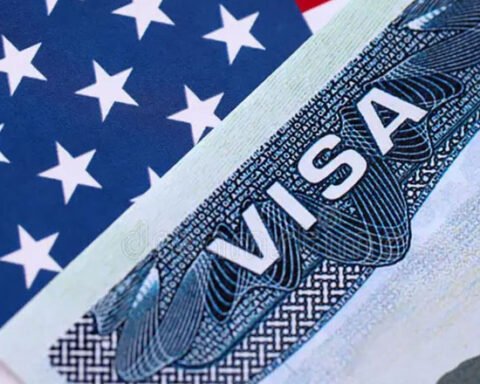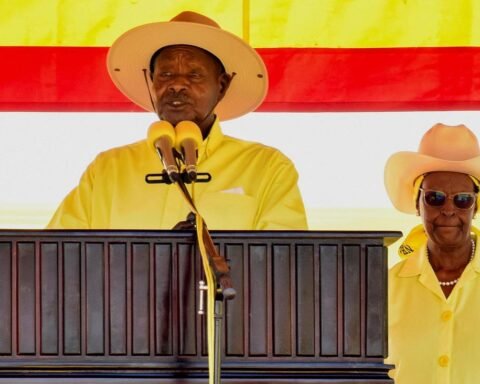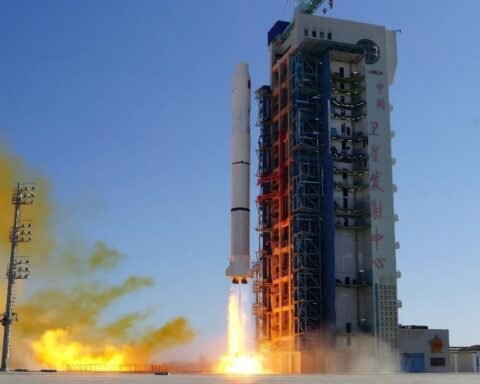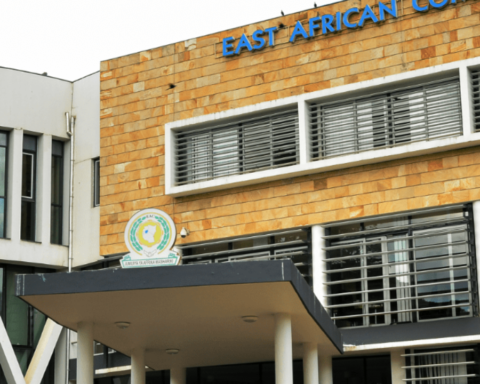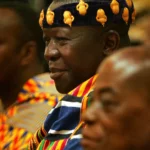Joseph Kabila, the former President of the Democratic Republic of Congo (DRC), has returned to his home country after spending two years in self-imposed exile.
His return — to the eastern city of Goma, currently under the control of the M23 rebel group — comes at a time when tensions are high between the rebels and the government in Kinshasa.
Kabila’s unexpected arrival has been confirmed by both rebel representatives and a youth leader from his political party, the People’s Party for Reconstruction and Democracy (PPRD). The visit follows a dramatic decision by the Congolese Senate to revoke the former president’s parliamentary immunity, clearing the way for his potential prosecution on allegations of treason and war crimes.
According to Congolese authorities, there is “substantial documentation and testimony” implicating Kabila in aiding the M23 rebels, a group accused of launching fresh offensives in eastern Congo in recent years. The rebel group, allegedly backed by Rwanda, has been responsible for major unrest and displacements in the mineral-rich region.
In January, M23 fighters captured large portions of territory in the east, including Goma, exacerbating one of the most severe humanitarian crises in the region. The conflict has displaced hundreds of thousands of civilians and led to widespread international concern.
While Kabila has denied any connections to the rebels, his return has added fuel to a volatile political climate. In a recently deleted YouTube video, the 53-year-old described the current government as a “dictatorship” and claimed there was a dangerous “decline in democracy” in the country. His remarks were met with sharp rebuke from government spokesperson Patrick Muyaya, who stated that Kabila had “nothing new to offer the country.”
Also Read; Congo and U.S. Close to Critical Minerals Pact
The PPRD party was banned last month for what officials called an “ambiguous attitude” toward rebel activities. Assets tied to Kabila and party leaders have since been frozen.
Kabila ruled the DRC for 18 years after taking over from his father, Laurent-Désiré Kabila, who was assassinated in 2001. In 2019, he handed over power to current president Félix Tshisekedi following contested elections. Since then, relations between the two have sharply deteriorated.
Now back in Goma, Kabila has stated he intends to help find a resolution to the ongoing conflict. Rebel spokesperson Lawrence Kanyuka and other M23 figures welcomed him, calling it a symbolic moment of unity.
Whether Kabila’s return signals genuine peacebuilding efforts or fuels deeper political fractures remains to be seen. Analysts warn that his presence could further complicate negotiations and distract from efforts to address the humanitarian crisis gripping the eastern DRC.


